Air compressor maintenance is crucial for ensuring it achieves and sustains optimal operational performance, extends its service life, and effectively prevents premature failures and costly repairs. Implementing regular inspections and necessary servicing of key components is an indispensable part of this, especially for the relatively complex structure of rotary screw air compressors, where this is particularly vital. Through timely and professional maintenance, potential minor issues can be eliminated in their nascent stage, thereby effectively preventing them from gradually escalating into major malfunctions that could lead to downtime or significant damage.
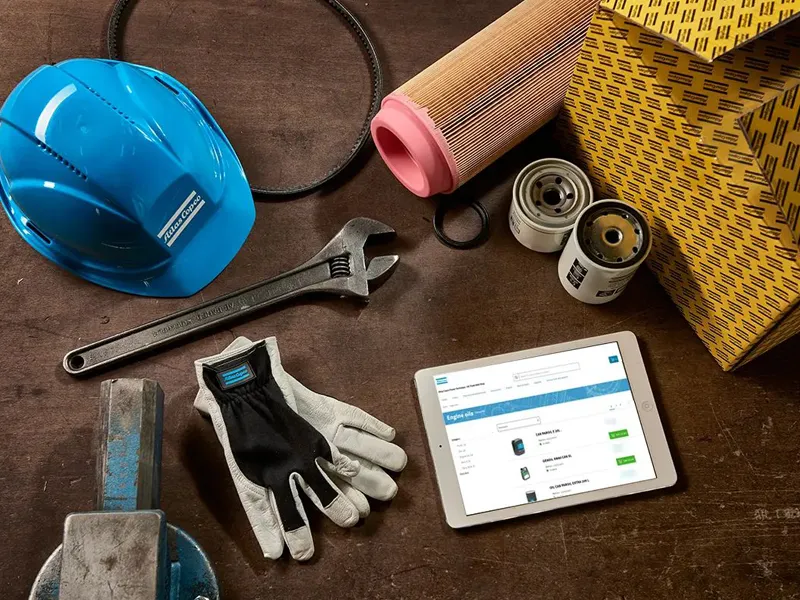
Seadweer is committed to providing you with comprehensive support in this regard. We can offer not only simple and practical daily maintenance tips and advice but also detailed maintenance checklists for your reference. Furthermore, we can tailor a complete, systematic service plan based on your specific operational needs and equipment condition, ensuring your air compressor consistently operates efficiently and reliably.
Contents
Practical Air Compressor Maintenance Tips
Maintaining your air compressor at optimal performance will slow down the development of inefficiencies and extend the life of your equipment.
Thoroughly Read the User Manual
Before you commence any maintenance operations or adjustments, we strongly recommend that you first take the necessary time to carefully and completely read the user manual provided with your equipment. The manual contains all key information regarding equipment operation, maintenance cycles, safety regulations, and more. It is essential to strictly adhere to all instructions in the manual and always prioritize safety procedures. If you encounter any questions or uncertainties during reading or operation, do not hesitate to immediately contact Atlas Copco supplier —— Seadweer for assistance.
Insist on Using Genuine Spare Parts
Every component within an air compressor, regardless of size, plays a crucial role in ensuring its overall stable performance. Using genuine spare parts is the foundation for ensuring your equipment can continue to provide the high reliability, long-lasting durability, and excellent energy efficiency you expect. Every Atlas Copco genuine spare part and lubricant is meticulously designed, manufactured under strict process control, and comprehensively tested and verified to meet the most stringent standards. Therefore, to keep your compressor in optimal working condition for the long term, choosing and using genuine Atlas Copco spare parts is undoubtedly a wise and necessary choice.
Perform Regular Comprehensive Inspections
An air compressor system is a complex whole comprised of a series of interconnected, synergistic processes and components that work together to provide the required compressed air and performance. This system includes various different parts, each requiring proper maintenance to ensure the entire system continues to operate consistently, stably, and correctly. Industry best practice widely holds that establishing and strictly following a clear and timely regular inspection plan for your compressor is a key measure to ensure all components are in optimal working condition and to prevent potential problems.
Encountering Issues? Refer to the Troubleshooting Guide
To minimize downtime and the resulting production losses that can be caused by equipment malfunctions, having a solid understanding of common potential air compressor problems and their quick and effective solutions is very necessary. Possessing a reliable and detailed air compressor troubleshooting guide can help you quickly identify the cause and take the correct countermeasures when a problem occurs, thereby restoring the equipment to normal operation as soon as possible.
Air Compressor Maintenance Checklist
Drain Moisture from Compressed Air
During the air compression process, moisture is naturally produced as an unavoidable byproduct and gradually accumulates inside the air receiver tank in the form of condensate. The presence of this moisture can not only cause damage such as rust to the air receiver itself but also significantly reduce the quality of the compressed air, thereby affecting the efficiency of downstream industrial applications using compressed air and the quality of the final product. Therefore, you need to ensure that the accumulated condensate in the air receiver tank is drained regularly and thoroughly; this is an important step in ensuring the compressor’s optimal performance and avoiding potential damage. As an alternative or supplementary solution, consider installing an automatic drain valve on the compressor system for more convenient and timely moisture removal.
Replace the Air Filter
As the air compressor operates, it draws in ambient air, and the air filter plays a crucial role in intercepting and capturing a large amount of dust, particulate matter, and other impurities. Although air filters are designed to handle a significant pollutant load, their filtering capacity will eventually reach saturation with accumulated usage time. Keeping the air filter clean and unobstructed is a key factor in ensuring that your air compressor’s performance does not degrade over time. A good practice is to continuously monitor and inspect the air filter and replace it at least annually. If the operating environment experiences extreme adverse conditions such as sandstorms before the annual replacement cycle, it should be replaced preemptively.
Related Products
-
100% Original Atlas Copco 1613900100 Air Filter Element
Price range: $20.00 through $26.00 -
1613872000 Air Filter for Atlas Copco Air Compressor
Price range: $30.00 through $100.00 -
1621138900 Air Filter for Atlas Copco Oil Free Air Compressor
Price range: $30.00 through $80.00 -
1630408099=1635040800 Air Filter for Atlas Copco
Price range: $30.00 through $50.00
Change the Lubricant
For oil-lubricated air compressors, special attention and care are required. The lubricant (typically compressor oil) must be changed periodically according to the prescribed intervals; this is a core requirement for maintaining the compressor’s reliable and cost-effective operation. Compressor oil not only effectively protects rotating parts, preventing direct metal-to-metal contact and wear, but also absorbs the heat generated during compression, ensuring the equipment operates within the optimal working temperature range. Furthermore, it forms an effective seal between the rotors and the housing, preventing air backflow and thereby avoiding a reduction in output volume. Always ensure the oil level is maintained at the correct level recommended by the manufacturer and pay attention to the oil quality.
Related Products
-
1630091800 Lubricate Oil for Atlas Copco Screw Air Compressor
Price range: $150.00 through $300.00 -
1630204105 ULTRA Semi Synthetic Lubricat Oil 5L
Price range: $200.00 through $300.00 -
163054200 Atlas Copco Air Compressor Lubricating Oil
Price range: $100.00 through $200.00 -
20L Atlas Copco Air Compressor Lubricant Oil 2901170100
Price range: $300.00 through $315.00
Replace the Oil Separator Element
Oil-lubricated air compressors rely on an oil mist to ensure smooth operation of internal moving parts. During compression, the compressor mixes oil with air. However, before the compressed air is finally discharged, the vast majority of the oil must be separated from the air by an oil separator. With the continuous use of the equipment and the ongoing work of the oil separator, if the separator element begins to age or fail, it can lead to ineffective oil separation, resulting in oil contamination in the compressed air. Therefore, to ensure the compressor’s efficient operation and the quality of the output compressed air meets requirements, regularly inspecting the condition of the oil separator element and replacing it promptly when necessary (based on pressure differential or operating hours) is absolutely essential.
Related Products
-
100% Original 2202929400 Oil Filter Separator
Price range: $70.00 through $90.00 -
1092137320 Air Oil Separator for Atlas Copco Compressor
Price range: $20.00 through $26.00 -
1092300919 Oil Separator Parts for Atlas Copco
Price range: $80.00 through $110.00 -
1621938500 Oil Separator for Atlas Copco Air Compressor
Price range: $40.00 through $59.00
Replace the Oil Filter
The primary function of the oil filter is to capture and filter out dust, carbon deposits, metal debris, and other foreign impurities that may be present in the lubricant, thereby ensuring a clean flow of lubricant to the compressor’s main unit (compression element). This is not only crucial for protecting bearings and other precision mechanical components from wear but also effectively prevents premature clogging of the oil separator. Therefore, replacing the oil filter on schedule is an indispensable part of maintenance work.
Related Products
-
100% Genuine Atlas Copco Oil Filter 1513033701=2903033701
Price range: $20.00 through $50.00 -
100% Genuine Atlas Copco Oil Filter 1614874799=1614874700
Price range: $100.00 through $150.00 -
100% Original Atlas Copco Centrifuge Oil Filter 1621808500
Price range: $50.00 through $90.00 -
100% Original Ingersoll Rand 54672654 Coolant Oil Filter
Price range: $20.00 through $26.00
Air Compressor Maintenance Plan
With the professional service plans provided by Seadweer, your air compressor will be able to continuously maintain a high standard of operation. Regardless of the level of service plan you choose, our professional knowledge and experience will simplify the entire maintenance process for you. We can ensure that necessary maintenance is scheduled at the most accurate time, and we will quickly and conveniently prepare all the required Atlas Copco genuine parts for you, making the entire process effortless and saving you time and effort.


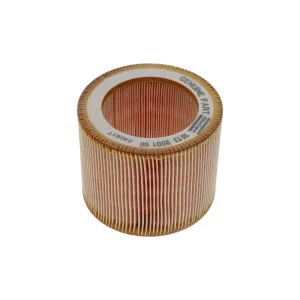
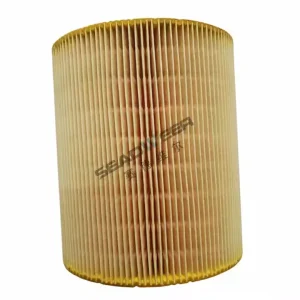
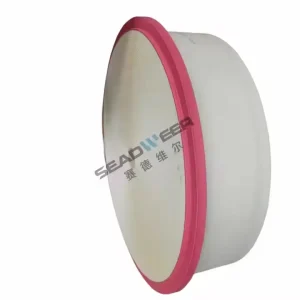
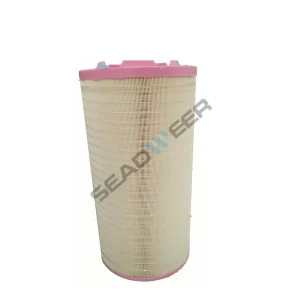
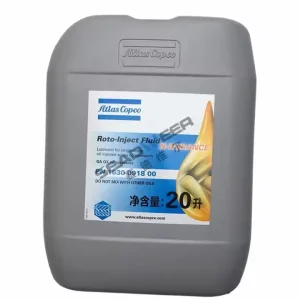
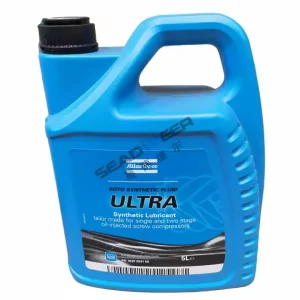
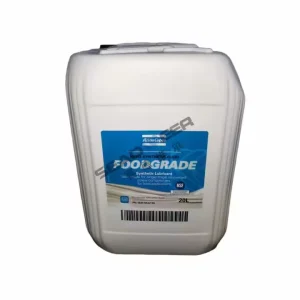
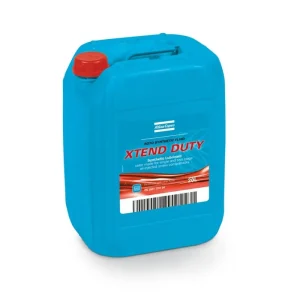
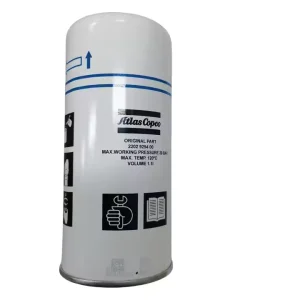
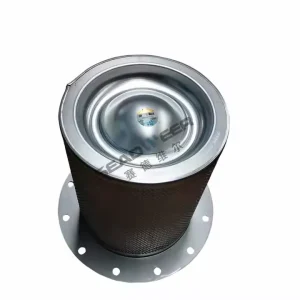
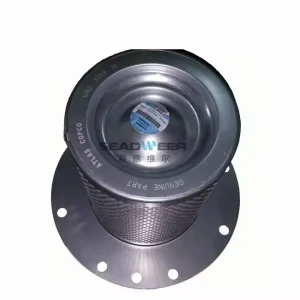
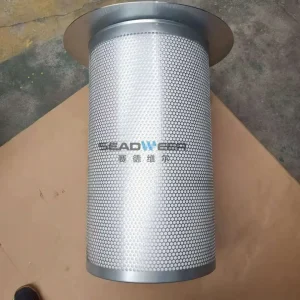
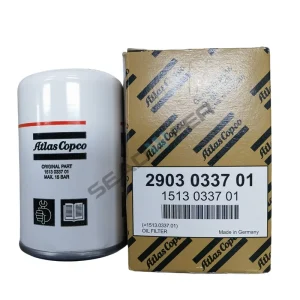
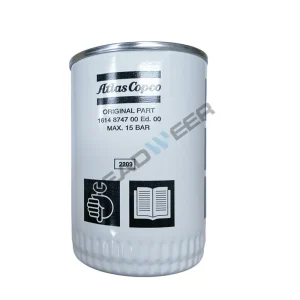
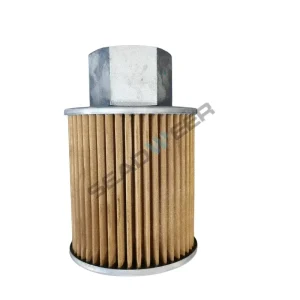
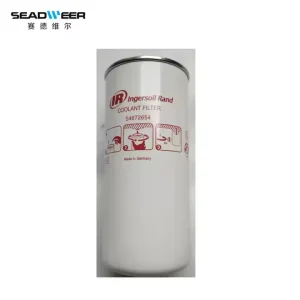
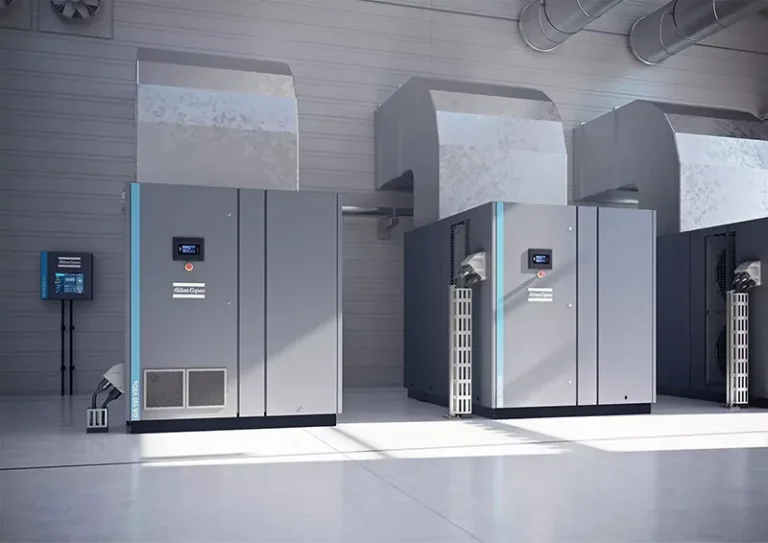
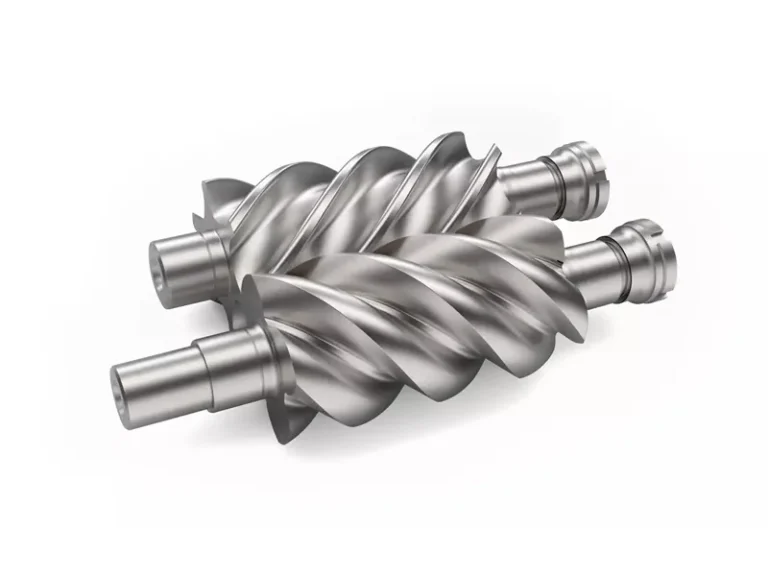
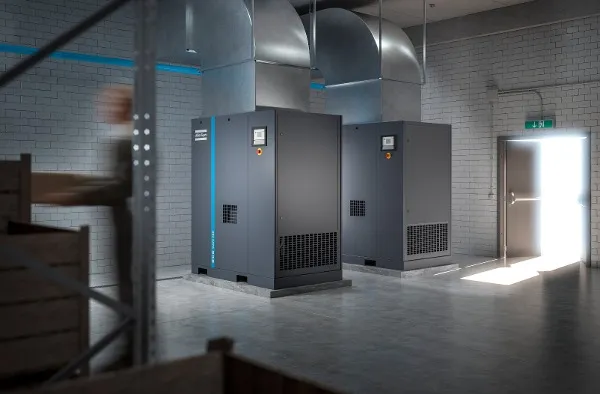
Thank you for sharing. I am planning to maintain my Atlas Copco GA75 air compressor and hope to get your help.
Hello Mr. Nicole, please send us the part number of the maintenance kit and we will provide you with the price and after-sales installation service.